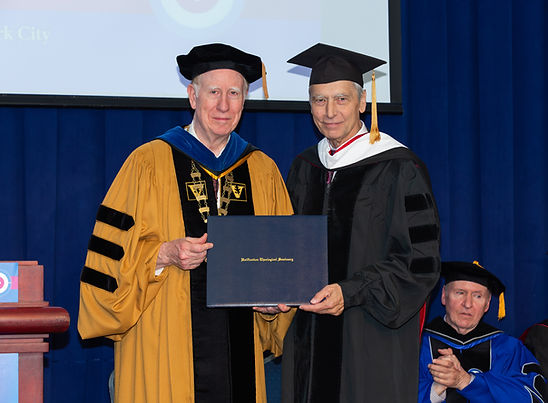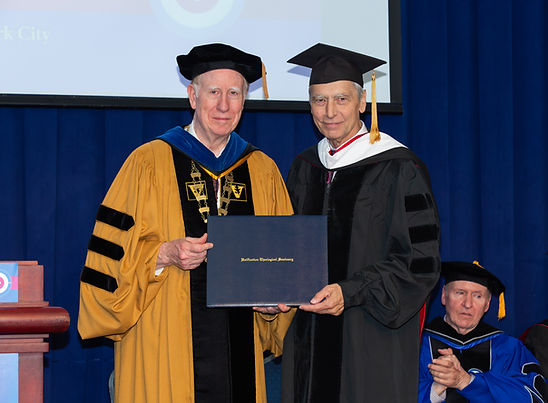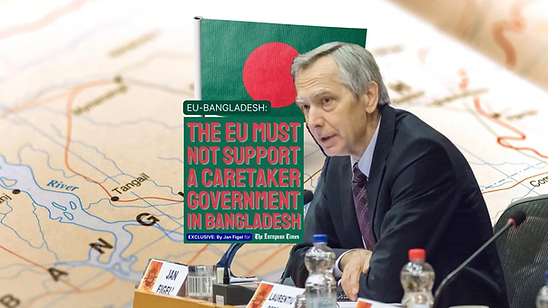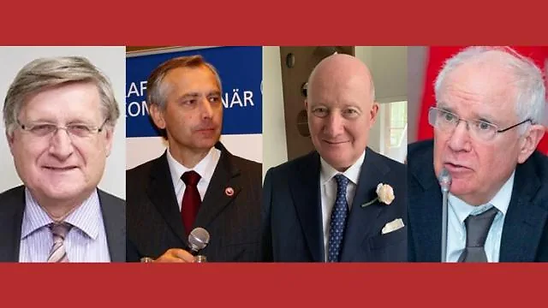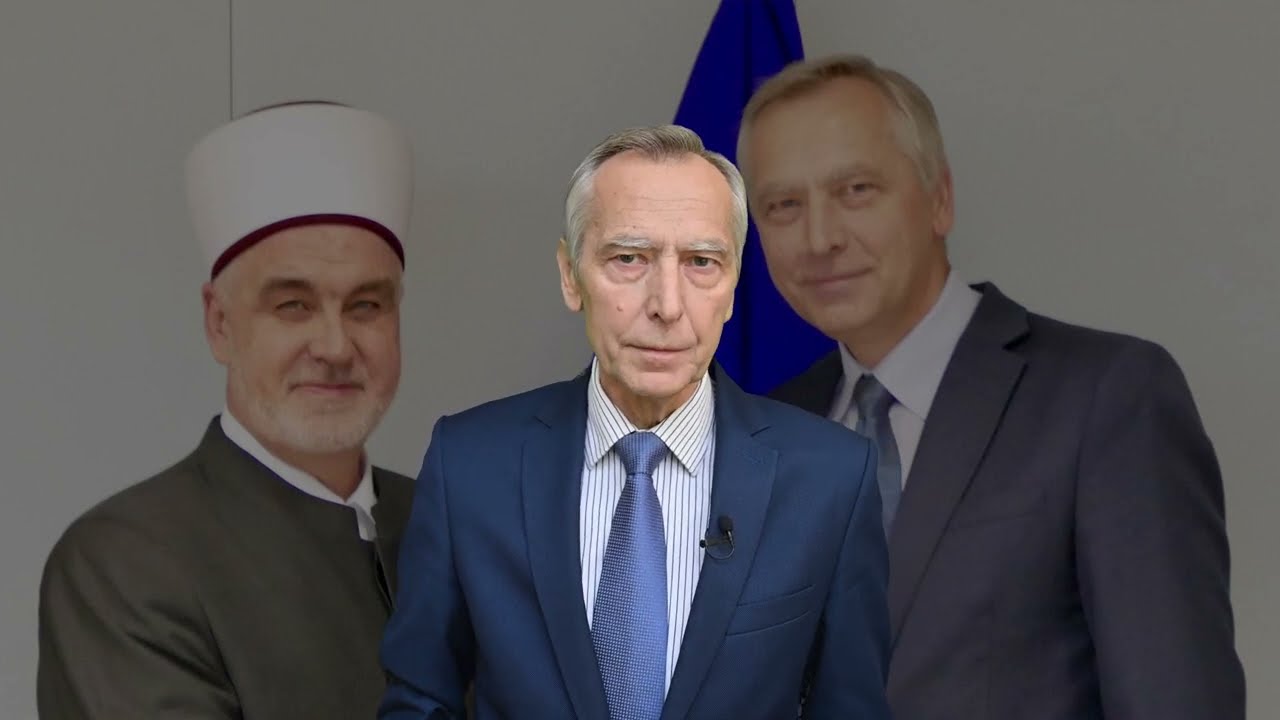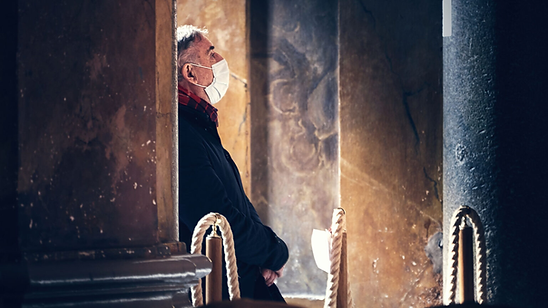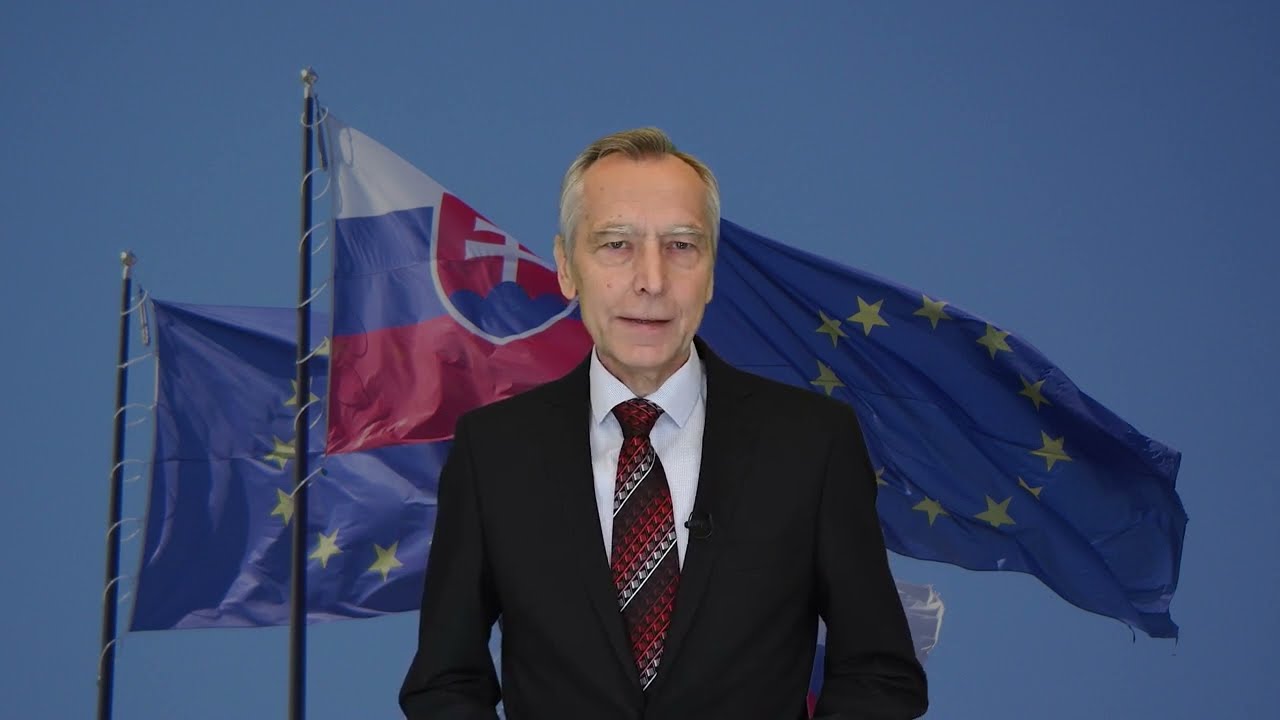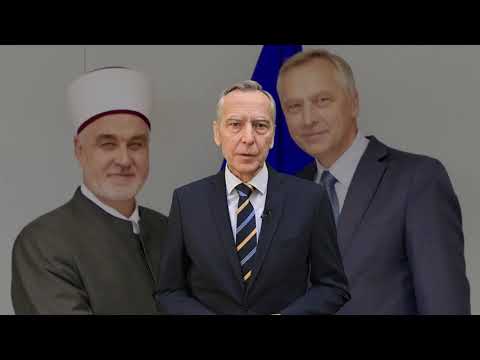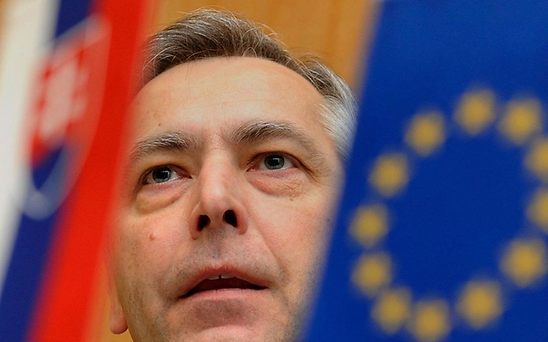Category: English
-
Religious freedom requires vigilance
In 2016, I became the first-ever Special Envoy for the Promotion of Freedom of Religion or Belief (FoRB) outside the European Union. It was a time of mass atrocities committed by terrorists and militants of so-called ISIS against religious and ethnic minorities in Iraq and Syria, and for four demanding years, I visited many countries
-
Religious freedom requires vigilance
In 2016, I became the first-ever Special Envoy for the Promotion of Freedom of Religion or Belief (FoRB) outside the European Union. It was a time of mass atrocities committed by terrorists and militants of so-called ISIS against religious and ethnic minorities in Iraq and Syria, and for four demanding years, I visited many countries
-
The EU must not support a caretaker government in Bangladesh
Almost nine years ago, newly appointed EU foreign policy chief Federica Mogherini was being lauded for leading the world in standing up to the junta who usurped power away from the elected government in Thailand four months prior. Alongside the accolades came a foreboding warning: Once the military has its grip on power, it will
-
Why Japan Should Guarantee Religious Liberty to the Unification Church/Family Federation
Why Japan Should Guarantee Religious Liberty to the Unification Church/Family Federation: A Letter to the Government Four prominent specialists of freedom of religion or belief—Willy Fautré, Ján Figel’, Massimo Introvigne, and Aaron Rhodes—call for an end to what increasingly appears as a witch hunt. From left to right, Willy Fautré, Ján Figel’, Massimo Introvigne, and
-
-
Schuman Talk (episode 34) – Ján Figeľ
June’s edition of the Schuman Talks touches on the subject of “Defending religious freedom”, with our special guest, dr. Ján Figeľ, former EU Special Envoy for promotion of freedom of religion (2016 – 2019).
-
Defending Faith from Fear
During COVID, Western nations did the unthinkable by banning religious gatherings and services. Many states deemed ‘inessential’ what all believers consider most essential: the act of gathering together to worship God. Ludwig Graf von Brühl I can still vividly remember how determined my 94-year-old grandma was to find a Sunday church service. She traveled across
-
On Roots of Freedom and Peace, Schumann Centre – Amsterdam, 5/2023
Ján Figeľ speaking about the roots of freedom and peace.
-
On Freedom of Conscience – Vilnius Academic Conference, 4/2023
Ján Figeľ, the former Special Envoy for the Promotion of Freedom of Religion or Belief (FoRB) Outside the EU, speaking on the topic of freedom of conscience.
-
Complaint to European court over ban on church services amid pandemic
Photo TASR, Martin Baumann Former EU religious freedom envoy Jan Figel has filed a complaint with the European Court of Human Rights (ECtHR) over the ban on church services during the corona pandemic. This was announced by ADF International, an organisation that advocates for religious freedom, on Wednesday. The agency supports Figel in the case.

